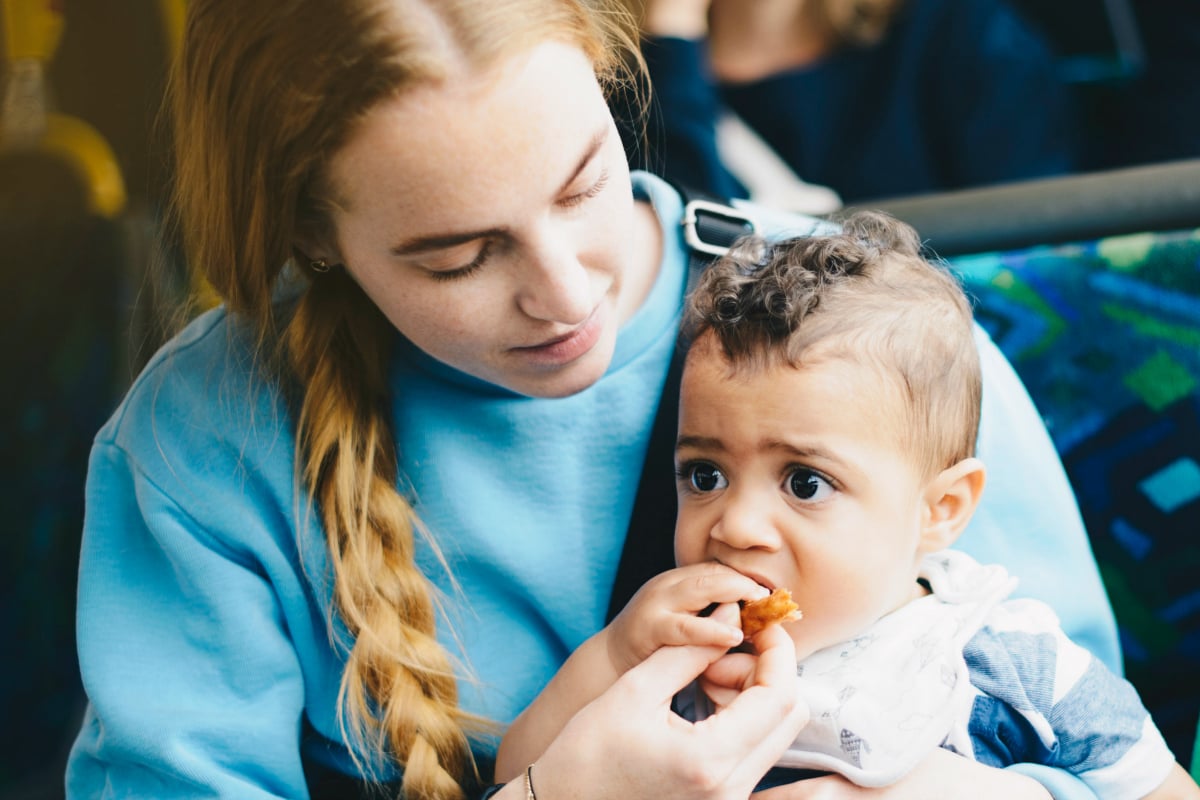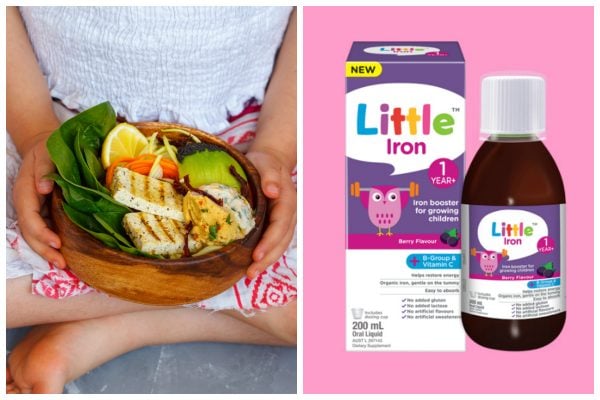

Australian research shows that one in eight people aged two years and over are not getting enough iron from their diet.
Thirteen-year-old me, yep, I was one of them. OK, so it may have had a bit to do with my well-meaning decision to become a vegetarian, with little idea about how to put this into practice. Who knew there was more to it than just removing meat from my diet?
There were tell-tale signs, like tiredness and pale skin, but I was much too busy keeping up with my friends to notice.
An urgent visit to the doctor after some test results changed everything.
First up was an iron supplement that well and truly helped me turn the corner. I soon became an expert in leafy greens and tofu and promised to take better care of myself.
Flash forward to mum life. These days, looking after myself is one thing, but what about when there’s a little one in the mix? And when it’s your child who isn’t feeling themselves, of course it’s natural that you start to worry.
What could be wrong? Why are they getting sick so often? As a parent, you can find yourself down the Google rabbit hole staring at symptoms and unnecessarily scaring yourself.
Our kids aren’t always able to tell us exactly how they feel or to recognise it themselves. So it’s our job as parents to be on the lookout.
If you’re worried your little one might be low in iron, here are some of the signs to keep an eye out for.


